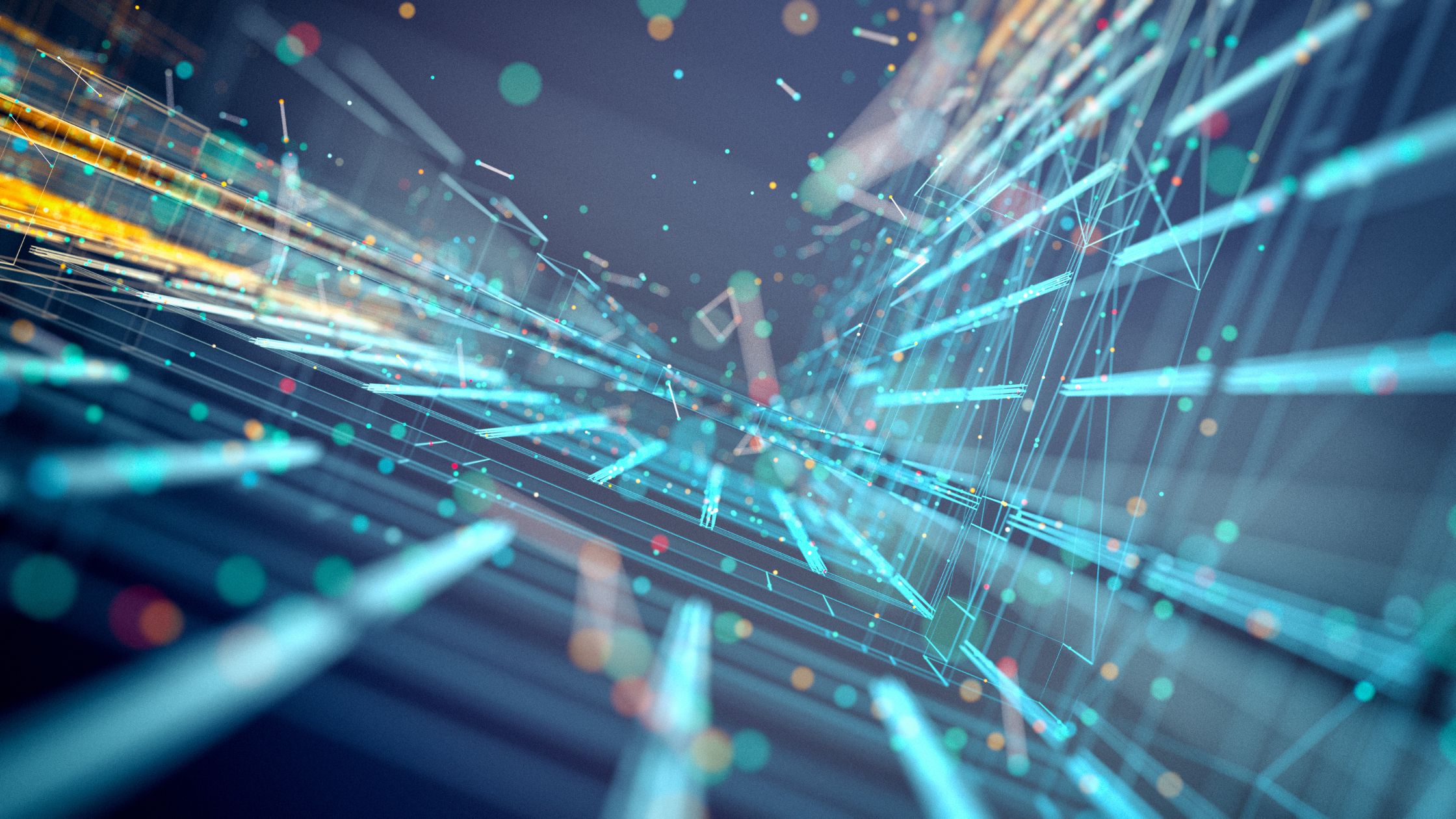
The Anthems of Automation: A Look into AI and Music
Hitting the High Notes
Artificial intelligence (AI) is becoming increasingly prevalent in the music industry. Nearly 60% of surveyed artists report using AI tools to enhance and streamline various aspects of the music creation process. However, as AI technology continues to evolve, significant legal and ethical challenges need to be considered.
AI Music Technology
AI music tools can generate, compose, and enhance musical content in a variety of ways:
- AI programs can create entire instrumental tracks or songs from scratch using algorithms trained on existing music data.
- Tools like mastering or mixing assistants can help polish and improve the sonic quality of productions.
- Apps exist to assist with specific tasks like chord progression generation or drum pattern creation.
- AI image generators can create unique cover art and visual assets.
Overall, AI aims to augment human creativity rather than replace it entirely. When used thoughtfully, it has the potential to increase productivity and inspiration.
Copyright Concerns
A major issue surrounding AI music is copyright law and who profits from AI-generated works. Since many algorithms are trained using vast databases of existing songs, there are questions about legal ownership.
- In March 2023, the U.S. Copyright Office launched an initiative to re-examine copyright in the age of AI. Many see the current system as outdated.
- Universal Music Group recently called for streaming services to block AI music, claiming it infringes on their artists’ rights by replicating their style.
- In response, Spotify removed about 7% of AI-generated tracks from its platform. However, the legal standing is still unclear.
More analysis into copyright reform for AI is clearly needed as the technology continues to advance.
Ethical Considerations
In addition to legal concerns, AI music poses several ethical dilemmas:
- Training data bias: The algorithm is only as good as the data it learns from. A lack of diversity in the training data can lead to biased outputs.
- The mental health of data workers: Curating massive datasets can take a toll on human workers involved in content review and labeling.
- Replacing human creativity: While AI aims to assist creators, it shouldn’t fully replace the human element in music.
Advocates urge the need for ethical frameworks and protections around the use of generative AI in the arts. There is still much analysis needed in this emerging field.
Current Landscape of AI Music Tools
Despite the challenges, various AI programs are available today to augment the music creation process:
- BandLab SongStarter: AI-generated instrumental tracks
- Midjourney: AI art generator for cover images
- Mix Monolith: Automatic mixing assistant
- LANDR: AI mastering
- AIVA: AI composition tool
- ChatGPT: AI writing assistant for tasks like social media, tech riders, contracts
Other organizations like Berklee College of Music are investigating how to implement AI into music education thoughtfully.
Looking Ahead
The rise of AI marks a turning point for the music industry. While the technology unlocks new creative possibilities, it’s critical we continue analyzing the legal and ethical implications as AI capabilities grow more advanced. With a balanced approach, AI can become a useful asset for musicians rather than a disruptive force. The key is the proactive development of new frameworks for copyright, licensing, attribution, and maintenance of creative autonomy.
I invite you to visit my shop for my eBooks. There, you’ll find a vast collection of insightful reads as we further explore the symphony of innovation playing between music and technology. Visit now at https://www.thomasferriere.com/books/.
And so, just as a music conductor brings together the instruments of an orchestra to create a symphony, AI integrates with the different facets of the music sector, transforming it into a digitally harmonized landscape. Let’s see where this melody goes, shall we? Keep listening.